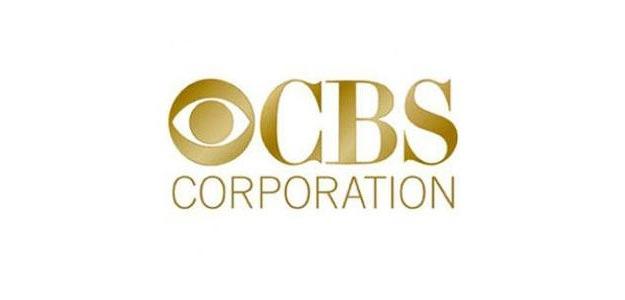 Despite being part of numerous lawsuits against infringement of its own copyright and intellectual property rights, is CBS actually supporting Internet piracy through the promotion of filesharing networks?
Despite being part of numerous lawsuits against infringement of its own copyright and intellectual property rights, is CBS actually supporting Internet piracy through the promotion of filesharing networks?
The charge has been facing the multi-million dollar corporation for more than a year, as Alki David, the founder and CEO of FilmOn.com reacted to his company’s losing a copyright infringement lawsuit brought by broadcast networks seeking to force it to stop streaming their content online by bringing a suit of his own against CBS Corporation. The crux of his complaint was that CNET and download.com, both websites owned by CBS Corp. subsidiary CBS Internative, distributed illegal file sharing software and DRM-cracking software, therefore actively promoting (and enabling) Internet piracy. At the time the lawsuit was launched, CBS described it as “a desperate attempt to distract copyright holders like us from continuing our rightful claims.”
Not so, says US District Judge Dale Fischer.
While Judge Fischer threw out some of the more extreme allegations against CBS last week, he stopped short of tossing the entire case altogether, leaving the possibility that lawyers for CBS Interactive and CBS Corp. will have to convince a jury that it has not promoted copyright theft with articles and downloads offered on its properties.
In his written ruling on an CBS’ attempt to have the suit dismissed in its entirety, Judge Fischer wrote that “Allegations that Defendants had knowledge that the overarching purpose of the P2P software was piracy are not enough to satisfy the knowledge standard laid out by the Ninth Circuit in Napster,” but added that CNET – and, by extension, CBS – aren’t exactly out of the woods in terms of what it has done. “Defendants here are alleged to have distributed specific P2P software, while simultaneously providing explicit commentary on that software’s effectiveness in infringing copyright,” he summarized before declaring that “such behavior moves beyond opinion into the realm of conduct and does not directly implicate any First Amendment issues. Defendants’ argument that a finding of inducement in this case would make it difficult to counsel future parties on the proper boundaries of editorial content is greatly overstated.” In other words, you can’t necessarily use the defense of free speech if you’re educating people on how to break the law.
David, unsurprisingly, called the decision a “victory for artists,” but there’s a lot at stake from this lawsuit should it come to trial. Are journalists going to be held responsible for reporting stories that could potentially influence readers/viewers into illegal activities? Or is the key going to come to the fact that the reporting at one site was compounded with downloads available at a sibling site? This may end up being a trial to watch, should it make it to court.


